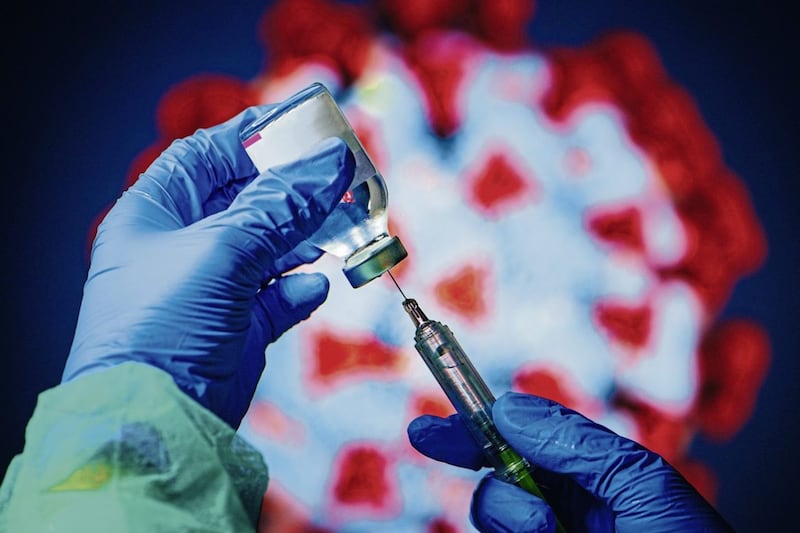QUESTION: I have previously claimed the Self-Employed Income Support Scheme (SEISS). Will I automatically be entitled to claim the next SEISS payment?
ANSWER: The SEISS was introduced by the government to help support self-employed individuals, and, to date 4 support payments have been made. Claims for the fifth payment, which will be the last payment, will be available from late July to September 30 and will cover the payment period May to September.
HMRC have started to contact individuals who may qualify for the fifth SEISS payment with details of how they can apply online. Individuals can only make a claim, if they have satisfied the eligibility criteria and have received notification from HMRC.
The eligibility criteria are the same as the fourth payment, but there is one new additional condition, a turnover test. This is used to determine the amount of grant that the individual is entitled to.
It is important to note that not all claimants are required to consider the turnover test, there are exclusions. New traders, defined as individuals who only commenced trading in the 2019/20 tax year are exempt. Also, any individuals, who have an underwriting business are also excluded from the turnover test.
Whilst the concept of the turnover test seems relatively simple, i.e. the turnover test looks at the reduction in total sales between April 2020 and April this year, in reality, the rules on calculation of the turnover are somewhat confusing.
In order to satisfy the turnover test, there should be a reduction of 30 per cent in turnover for the pandemic period compared to turnover in the reference period. The pandemic period relates to the 12 month accounting period beginning in the period from April 1 2020. The reference period relates to the 2019/20 tax year, or, alternatively, if the 2018/19 tax year provides a more accurate record of the individual’s trading position, this can be used. .
The amount of grant received is dependent on the decrease in turnover. For example, where the turnover has reduced by 30 per cent or more, individuals would be entitled to a payment equal to 80 per cent of 3 months averaged trading profits, up to a maximum of £7,500. In instances, where the reduced turnover is less than 30 per cent, individuals would be entitled to receive a payment equal to 30 per cent of three months averaged trading profits, up to a maximum grant of £2,850.
Different rules apply to partnerships, and, essentially, there are two sets of rules. One set relating to partners who have no other business interests other then the partnership they are involved in. The second set of rules relates to partners who do have other business interests, in addition to the partnership.
An individual, who is a partner, and has no other business interests, are required to use the total turnover figure from the partnership. However, if the individual, also has other business interests in addition to the partnership, the partnership turnover should be adjusted by reference to the profit-sharing arrangements.
The turnover, included in the turnover test, is the actual turnover relating to trading activities, and not the taxable turnover. Therefore, it is important when calculating the turnover figure, any government supports are excluded, for example, SEISS payments (1 to 4), local authority grants, furlough payments under the covid job retention scheme and the eat out to help out scheme.
As with the previous SEISS payments, getting it wrong can be costly. Therefore, if you are thinking of making a claim for the fifth SEISS payment, it would be important to discuss this with your accountant and trusted adviser. If you were in a position to complete your 202/21 tax return, we would strongly advise that this is completed in advance of making the SEISS claim as this would give you full clarity and peace of mind that the correct amount is being claimed.
Siobhan McCreesh (s.mccreesh@pkffpm.com) is associate tax director at PKF-FPM Accountants (www.pkffpm.com). The advice in this column is specific to the facts surrounding the question posed. Neither the Irish News nor the contributors accept any liability for any direct or indirect loss arising from any reliance placed on replies.








